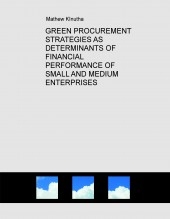This website, whose manager is Bubok Publishing, s.l., uses cookies (small data files that get stored in your browser), your own data and third parties' data as well, for the operation of the site (necessary), analytics (anonymous analysis of your activity on the website) and social media activity (so that you can interact through them). You can read our
política de cookies. You can accept, reject, manage or view more information about said cookies by clicking on the corresponding button.

